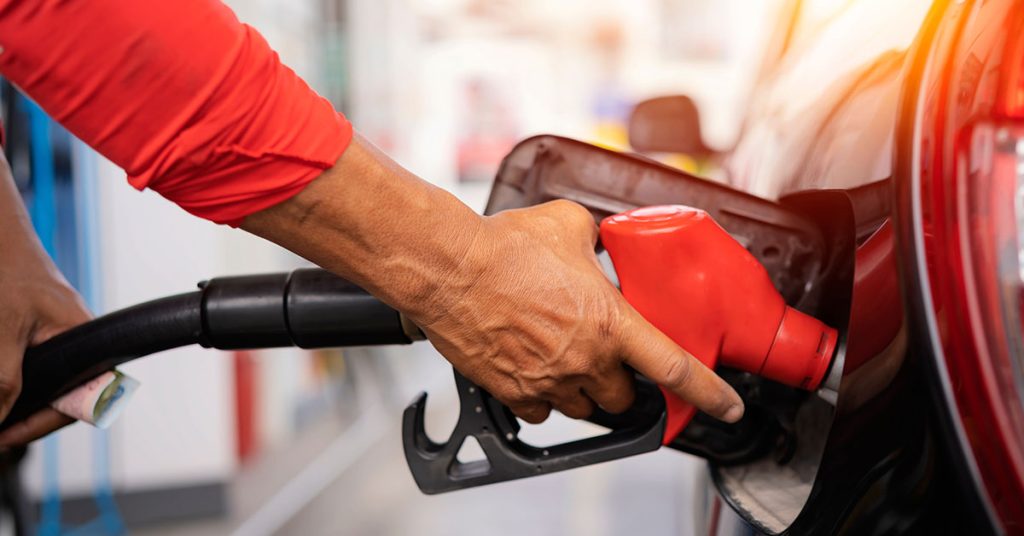One of those everyday puzzles in modern life is why gas tanks are on different sides of cars. If you’ve ever rented a car or tried a new vehicle, you’re probably familiar with the frustration of pulling up to the wrong side of the pump, only to find yourself circling back. It might seem like a design flaw, but the reasoning behind where the fuel door is placed is more intricate than you might think.
The Role of Vehicle Engineering

The main factor that determines where the gas tank is located is practical engineering. Steve Yaeger from Nissan explains that the position of the fuel door is influenced by the design of the fuel tank and the car’s underbody components. Routing the filler tube to a specific side can be difficult because of structural limitations.
Mark Schirmer, a spokesperson for Ford, added that the location of the fuel door is often decided based on what fits best within the car’s overall design constraints. While some consumers might appreciate the idea of having fuel doors on both sides, space and demand make this feature impractical.
Consumer Preferences and Regional Habits
In the United States, most cars have fuel doors on the left side, a preference that lines up with how drivers typically approach the pump—pulling up to the side closest to the driver’s door. However, this isn’t the case in places like the United Kingdom and Japan, where drivers are on the left side of the road and prefer right-side fuel doors.
Ford even conducted research in the 1980s and found that American drivers preferred left-side gas tanks. But this convenience sometimes caused problems, with car doors hitting cement pump islands. To address this, manufacturers focused on making the doors sturdier rather than shifting the fuel door placement.
Safety Considerations

There was a time when some automakers thought placing the fuel tank on the passenger side was safer. Studies suggested that the driver’s side might be more vulnerable to T-bone accidents, which could rupture the gas tank and lead to fires. However, Ford later found no significant difference between accidents on the driver’s or passenger’s side. In places like Germany, the design of highways also plays a part. Many roads don’t have left shoulders, so placing the fuel door on the right side makes refueling safer, keeping drivers away from fast-moving traffic.
The Equilibrium Argument

Economist Robert Frank proposes that the different fuel door placements help reduce congestion at gas stations. If all vehicles had their fuel doors on the same side, some pumps would be overcrowded while others would remain unused. Having fuel doors on both sides helps drivers spread out more evenly across pumps, reducing wait times, especially during peak hours.
A Historical Perspective
Fuel door placement wasn’t always this inconsistent. In the 1970s, Ford typically placed fuel doors on the passenger side for safety reasons and to make refueling easier away from traffic. Over time, though, changing consumer preferences and evolving designs led to a shift in where the fuel doors were located.
Design Integration Challenges
Once the design of a car is locked in, moving the gas tank becomes a difficult task. Bharat Balasubramanian, a former Mercedes-Benz executive, pointed out that the placement is decided early in the design process, and shifting it later could interfere with the car’s structural integrity and overall design.
Tips for Drivers

If you ever forget which side your gas tank is on, look for a small arrow next to the fuel gauge on your dashboard. This simple feature has saved many drivers the hassle of pulling up to the wrong side of the pump.
The Road Ahead
The placement of gas tanks on different sides of cars is a mix of engineering, safety, consumer preferences, and practical considerations. While it might feel like a minor inconvenience, this variation helps balance pump usage and solves design challenges. The next time you’re at the gas station, just remember that there’s a reason your fuel door is where it is—even if it isn’t the side you expected.






